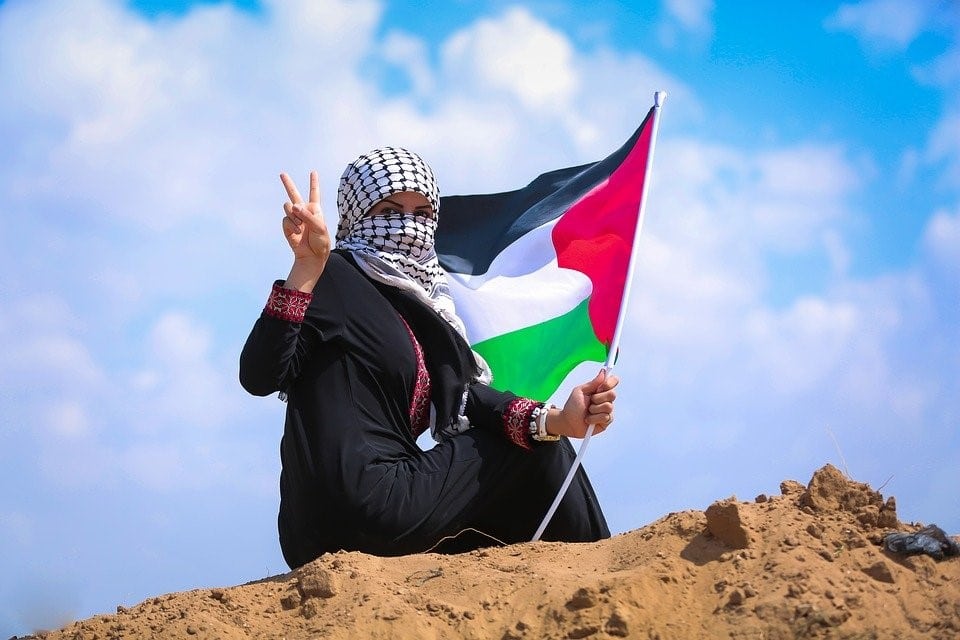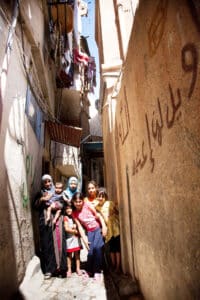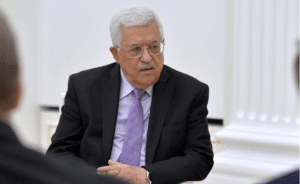On the 14th of October, more than 2,000 new settlement houses were approved by Israel to be built in the West Bank, adding to the 10,000 already permitted earlier this year. Being illegal under international law, European foreign ministers denounced this continuous confiscation of land. Now, Israel has also announced to halt the issuing of visas to United Nations (UN) workers, forcing already nine staff members out of the Occupied Territories.
Half a million Israeli settlers in West Bank
2020 saw one of the highest numbers of settler homes being approved. Settlement watchdog group Peace Now stated that the total rises over 12,000 after the latest news. The houses will be built in the West Bank, which the Palestinians want to use as the basis of their own future state. However, since the lands’ occupation during the 1967 War, Israel continues to assign parts to its citizens and create settlements. The current estimated settler population stands at 500,000.
Europe reacts: settlements in the way of two-state solution
Foreign ministers of Italy, Spain, the United Kingdom, Germany and France responded to the news in a joint statement saying “The expansion of settlements violates international law and further imperils the viability of a two-state solution to bring about a just and lasting peace to the Israeli-Palestinian conflict”, adding “As we have emphasised directly with the government of Israel, this step furthermore undermines efforts to rebuild trust between the parties with a view to resuming dialogue”.
The settlements do not only make the realisation of a Palestinian state difficult; it also gravely affects the daily lives of the West Bank’s Palestinians. This is because around the settlements there is a lot of land reserved for agriculture and roads which automatically translates to a lot of military presence in these areas. These factors make it that Palestinians cannot move freely around the West Bank, which means that a person from one town does not always have the possibility to visit a neighbouring town. In addition, harvesting and farming near settlements often ends in clashes between the two groups.
More bad news: UN agency banned to work for Palestinians
Bad news continues to come towards the Palestinians. Recently, Israel has stopped its visa procedure for foreign staff member of the United Nations High Commissioner for Human Rights (OHCHR). Already nine of the 12 workers have had to leave the country and the last three are expected to leave within a few months once their visas expire. Without visas the staff members cannot work in Israel, nor in the Occupied Territories, which might be problematic since Palestinians rely heavily on the UN. In February, Israel broke its ties with the organisation as a reaction to them publishing a list with over 100 companies working in the settlements.
Gulf states recognise Israel
On the 15th of September, Bahrain and the United Arab Emirates (UAE) signed normalising agreements with Israel. While the West applauded this move, hoping it would bring a two-state solution closer, Palestinians and many other Arabs condemned it. The UAE stated that it only agreed to the deal if the widely denounced July 1st annexation of the West Bank by Israel would be halted. However, Israel never openly confirmed this. Now that new settlement homes have been approved, the question arises if there actually ever was such an agreement, since the UAE did not respond to the matter. In addition, the West’s applause is nowhere to be found now.
Hamas and PLO reconciled, intending to form a unity government
The United States brokered agreements between Israel and the two Gulf states deeply troubled the Palestinians, leaving them feeling betrayed by their fellow Arabs. By this point, Palestinian factions had been in conflict for years, leading to two separate administrations. In the wake of the normalisation deals, all Palestinian blocs were willing to participate in dialogue again with the result that nationwide elections were promised and thus committing to a unity government again.
The Palestinian Liberation Organisation (PLO), with its leading secular party Fatah broke its ties with Islamist bloc Hamas in 2007, after the Battle of Gaza. Since then Palestinians have known two governments, the PLO in the West Bank and Hamas in Gaza.
Sources: Alarabiya, Aljazeera1, Aljazeera2, Aljazeera3, Aljazeera4, BBC1, BBC2, European Forum
Image: Pixabay



